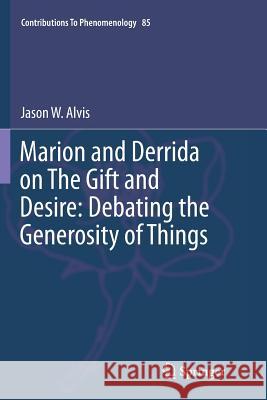Marion and Derrida on the Gift and Desire: Debating the Generosity of Things » książka
topmenu
Marion and Derrida on the Gift and Desire: Debating the Generosity of Things
ISBN-13: 9783319802435 / Angielski / Miękka / 2018 / 269 str.
Marion and Derrida on the Gift and Desire: Debating the Generosity of Things
ISBN-13: 9783319802435 / Angielski / Miękka / 2018 / 269 str.
cena 403,47
(netto: 384,26 VAT: 5%)
Najniższa cena z 30 dni: 385,52
(netto: 384,26 VAT: 5%)
Najniższa cena z 30 dni: 385,52
Termin realizacji zamówienia:
ok. 22 dni roboczych
Bez gwarancji dostawy przed świętami
ok. 22 dni roboczych
Bez gwarancji dostawy przed świętami
Darmowa dostawa!
Kategorie:
Kategorie BISAC:
Wydawca:
Springer
Seria wydawnicza:
Język:
Angielski
ISBN-13:
9783319802435
Rok wydania:
2018
Wydanie:
Softcover Repri
Ilość stron:
269
Waga:
0.40 kg
Wymiary:
23.39 x 15.6 x 1.52
Oprawa:
Miękka
Wolumenów:
01
Dodatkowe informacje:
Wydanie ilustrowane











